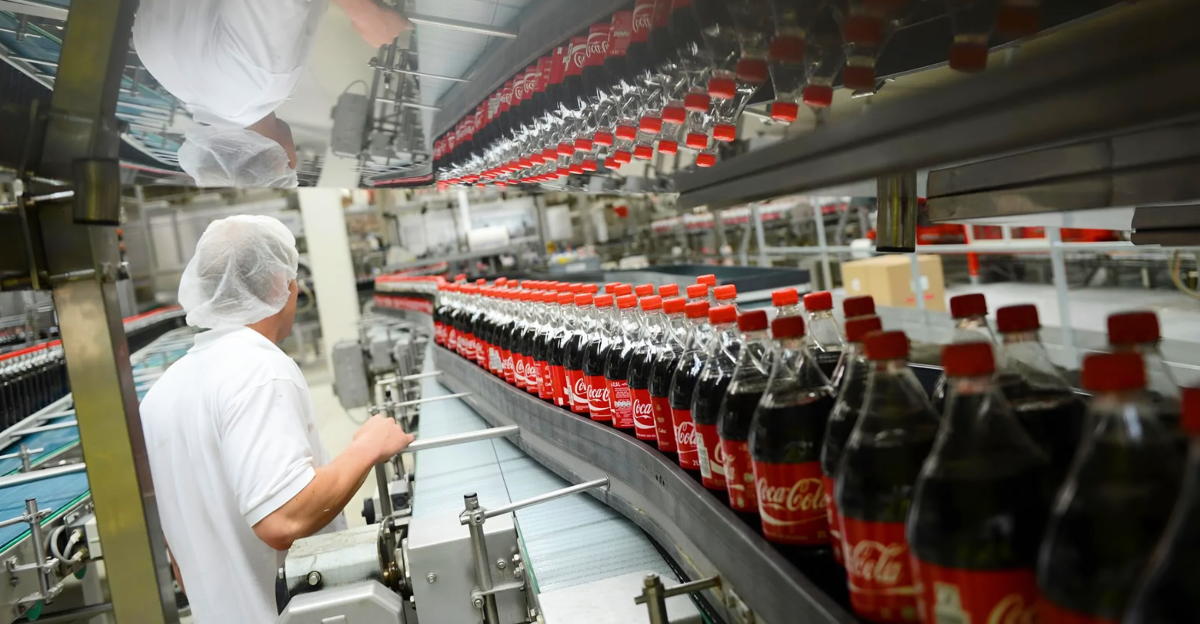
Open your fridge and pause, what you grab might result from a story far bigger than taste or habit. For decades, the beverage aisle has been shaped by more than clever marketing or seasonal flavors. Instead, a quiet but powerful force has been orchestrating what ends on shelves, what’s missing, and why your options rarely surprise you.
Now, a sweeping investigation threatens to pull back the curtain on this global orchestration, targeting not just a company, but the very system that decides what you drink. The probe into Coca-Cola’s market dominance isn’t just about one brand; it’s about unraveling how a single player can influence the choices of millions, setting off ripples that could transform the beverage industry from the inside out.
Why This Matters to Every Consumer
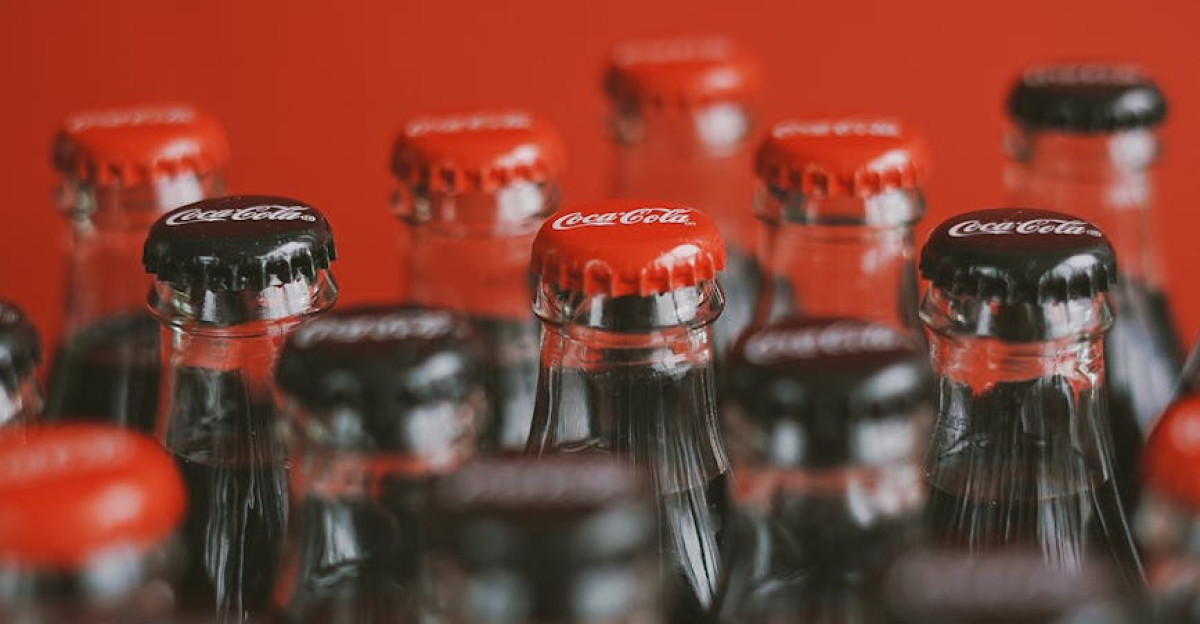
This isn’t just a legal battle playing out in distant boardrooms. The investigation into Coca-Cola’s business practices spans continents, from Africa’s Common Market to Turkey and the European Union, and it’s poised to impact consumers everywhere.
If regulators determine that Coca-Cola’s stranglehold on distribution and bottling is anti-competitive, it could mean more than a slap on the wrist; it could open up markets, drive down prices, and bring a wave of new brands to shelves and vending machines that Coke’s red logo has long dominated. For everyday shoppers, this could mean a real chance to discover new favorites, see local brands rise, and experience genuine variety where there was once only uniformity.
The Familiar Giant’s Long Shadow
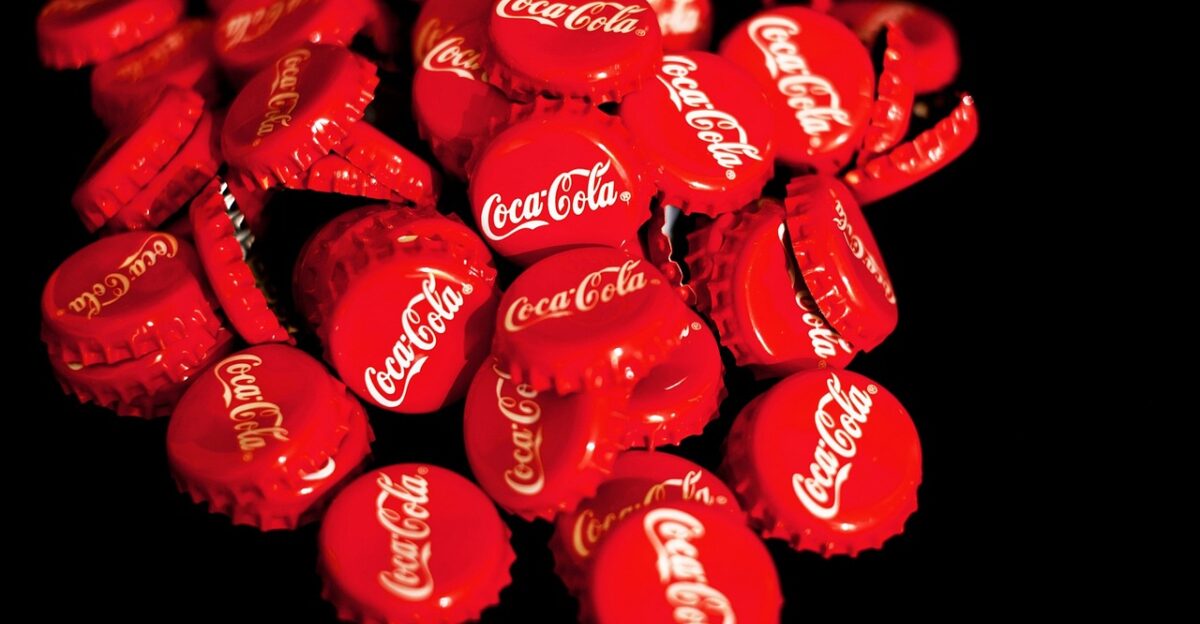
Coca-Cola’s presence is so woven into daily life that it’s easy to forget its reach. For over 138 years, this brand has been a fixture at family gatherings, sporting events, and street corners worldwide, a symbol of refreshment and celebration.
But beneath the nostalgia lies a complex web of contracts and distribution agreements that have quietly shaped not just what’s bottled, but who gets to bottle it and where it’s sold. This isn’t just about one drink’s popularity; it’s about how a company’s dominance has been cemented by exclusive deals that systematically edge out competitors, making the familiar feel inevitable, even as it limits what’s possible.
The Cracks in the Empire
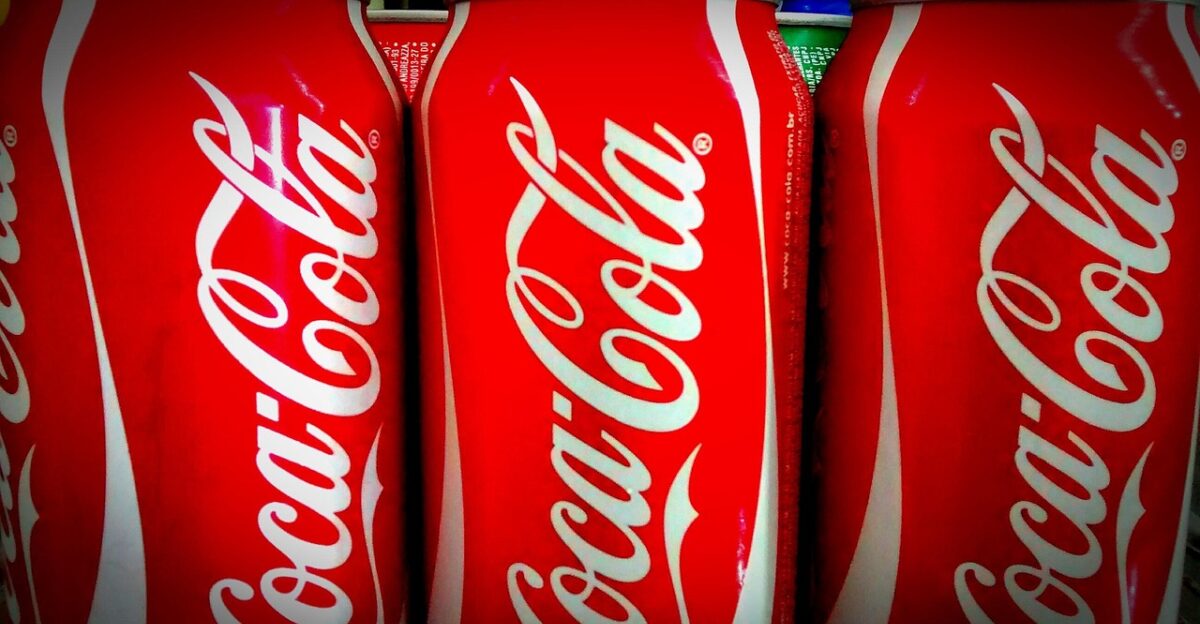
Recent regulatory probes are exposing fissures in Coca-Cola’s fortress. Investigators suspect restrictive contracts with bottlers and distributors may actively stifle competition, especially in emerging markets like Africa and Turkey. These agreements allegedly keep rival brands off the shelves and out of key markets, creating invisible barriers for upstart beverage makers.
The result? Innovative or local brands often struggle to reach consumers, despite rising demand for healthier or more diverse options. If these practices are proven, it would explain why the beverage landscape has remained so static, even as consumer tastes have evolved.
The Antitrust Investigation Unveiled
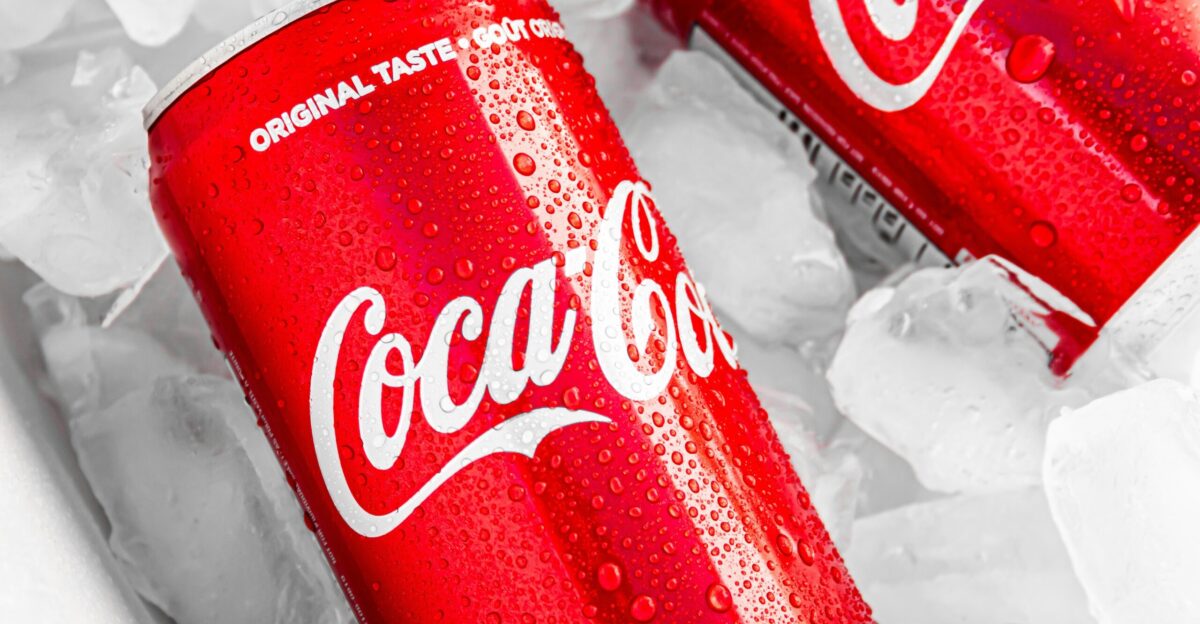
At the heart of this unfolding drama is a formal antitrust investigation, now in motion across multiple jurisdictions. Authorities from the Common Market for Eastern and Southern Africa, Turkey’s Competition Board, and the European Commission are scrutinizing Coca-Cola’s use of exclusive agreements that may restrict trade and block rivals from entering the market.
This isn’t just a technicality. If Coca-Cola is forced to loosen its grip on bottling and distribution, it could fundamentally change how drinks make their way from factory to fridge, breaking open a system tightly controlled for generations.
Local Markets Feeling the Pressure
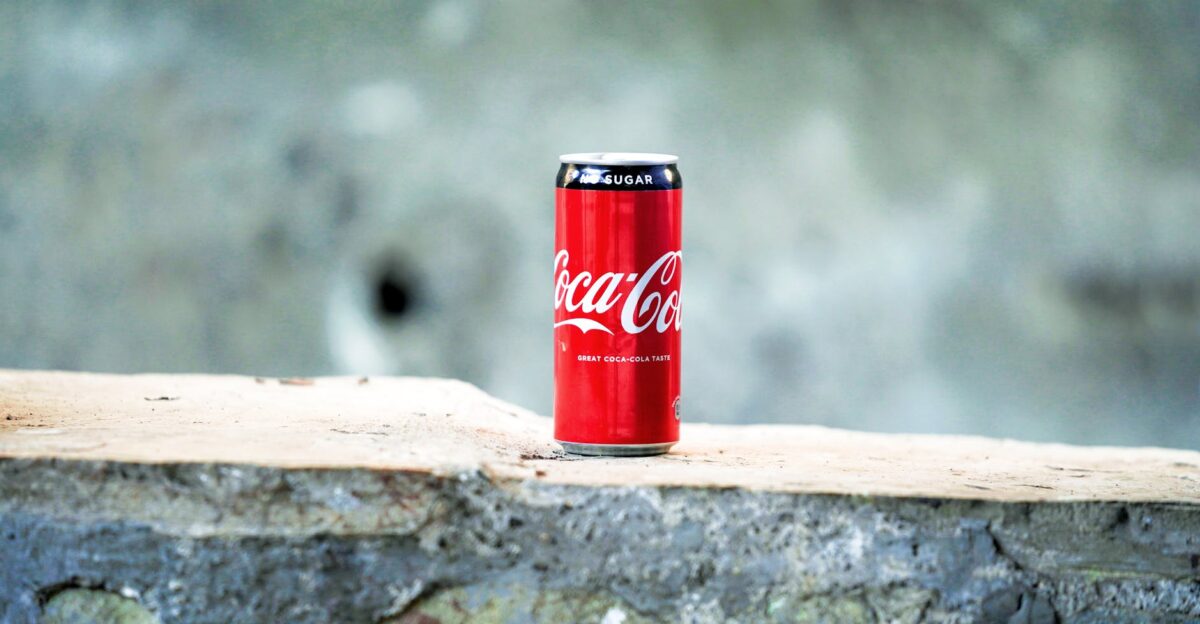
The effects of the investigation are already rippling through local markets, especially in Eastern and Southern Africa. Here, bottlers and retailers who have long operated under the shadow of Coca-Cola’s dominance are now voicing hopes for real change. Smaller beverage producers see this as a rare opportunity to compete on a level playing field, while consumers might soon enjoy a broader range of affordable options.
The excitement is palpable, with industry insiders and everyday shoppers speculating on social media about which local brands could rise if barriers fall. This regional shift could inspire similar global market challenges, amplifying the impact far beyond Africa.
The Human Side: Franchisees and Bottlers Caught in the Crossfire

Behind the headlines are thousands of franchisees and bottlers whose livelihoods depend on Coca-Cola’s contracts. For many, the investigation brings uncertainty; some stand to benefit from a more open market, but others fear losing the stability and support that comes with exclusive deals.
This human dimension adds complexity, as the probe could force a rebalancing of power and profit across the supply chain. The relationships built over decades may be tested, with ripple effects reaching from factory floors to family-owned distributors, all navigating a future that suddenly feels less predictable.
Competitors Poised for a Shake-Up
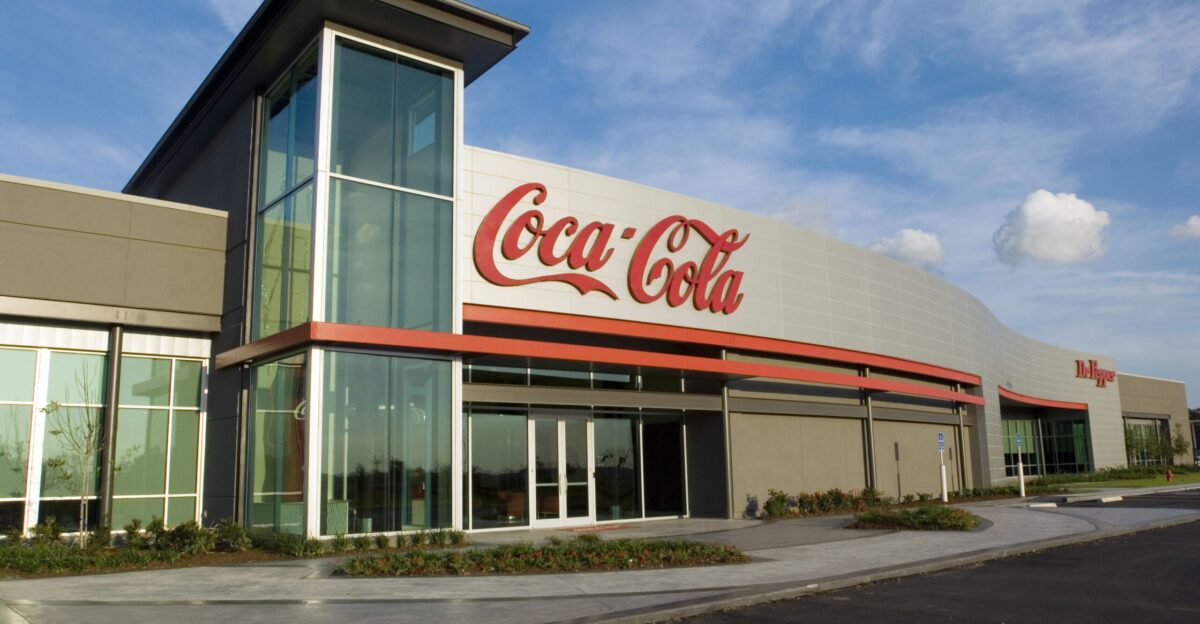
If Coca-Cola’s dominance is curtailed, the beverage aisle could become a hotbed of innovation. Global giants and local upstarts are watching closely, ready to seize the moment. The end of exclusivity deals could spark a surge in craft sodas, healthier alternatives, and regional flavors, offering consumers a more vibrant, diverse selection than ever before.
Retailers and distributors, no longer bound by old contracts, may finally be free to experiment with their offerings. This competitive shake-up could influence how brands market themselves, as the industry pivots from uniformity to creativity.
Changing Consumer Habits Amplify the Impact
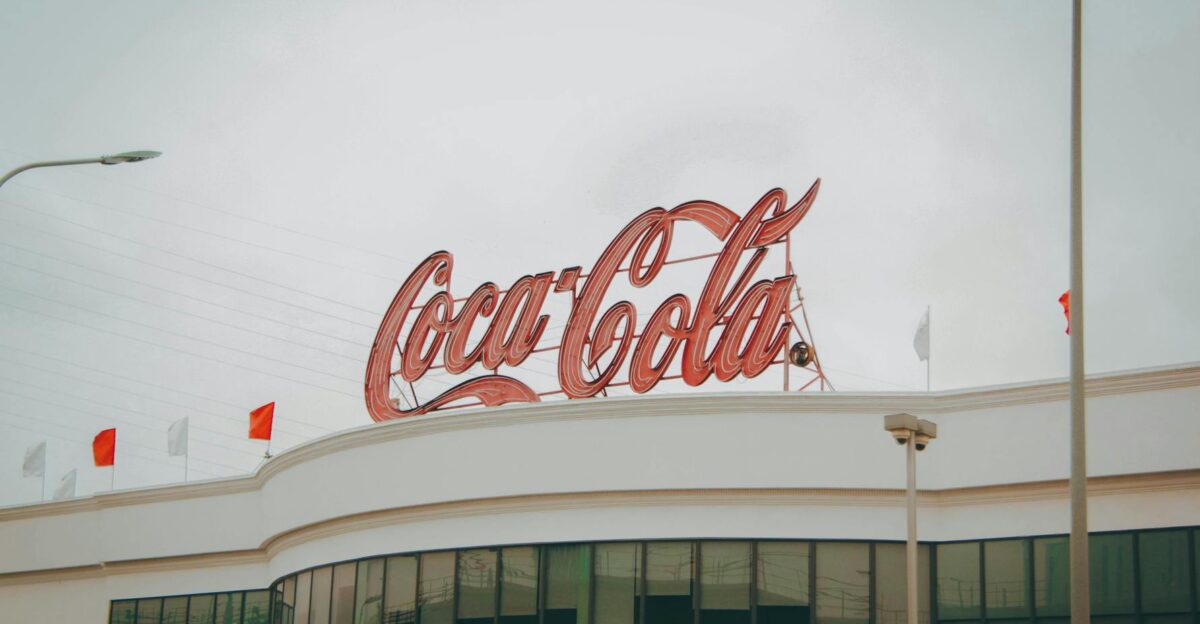
Today’s consumers are more adventurous and health-conscious than ever, turning to Reddit, YouTube, and TikTok for the latest beverage trends and reviews. The timing of this antitrust probe is no accident; it aligns perfectly with a shift in demand for transparency, sustainability, and choice.
As regulatory pressure mounts, the market may finally start to reflect these new values, accelerating the rise of alternative drinks and niche brands. The result could be a beverage landscape that’s more competitive and more attuned to a global audience’s evolving tastes and priorities.
What’s Next? A Beverage Industry on the Brink of Transformation
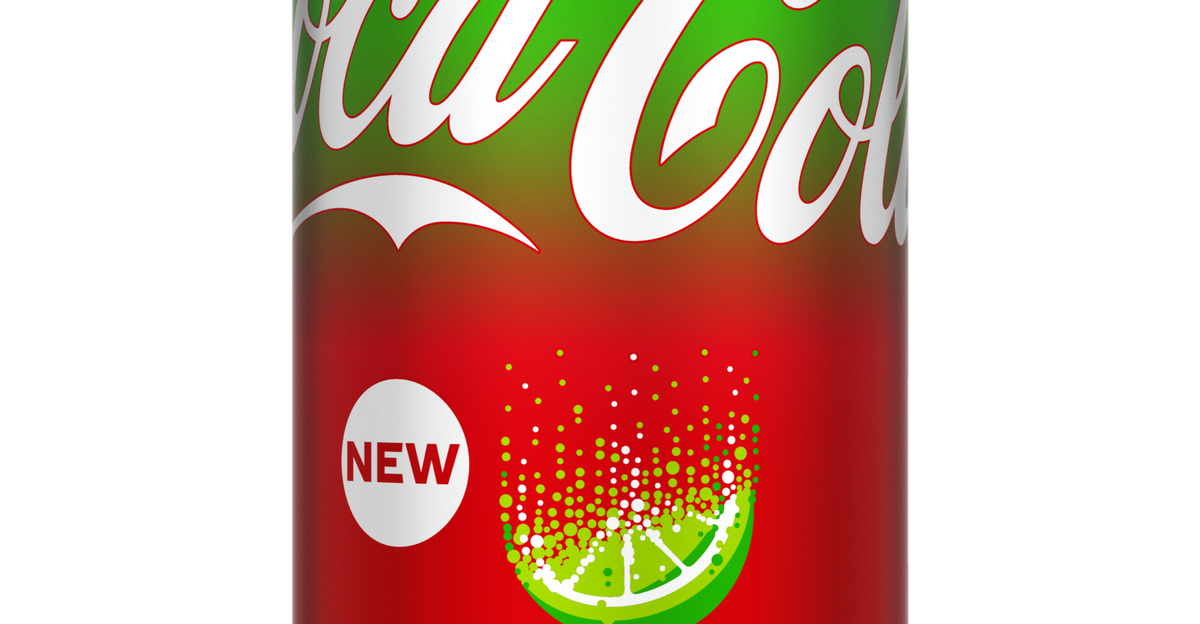
As the investigation unfolds, the entire beverage world is on edge. Will Coca-Cola adapt, opening its ecosystem to new players, or will it face penalties that force a dramatic restructuring? The consequences could extend far beyond the soda aisle, reshaping global supply chains, retail strategies, and even cultural rituals around what we drink.
This is a rare moment for consumers to watch and shape history in real time. Stay curious: what happens next could redefine not just what’s in your fridge, but how you think about choice, competition, and the power behind every sip.
